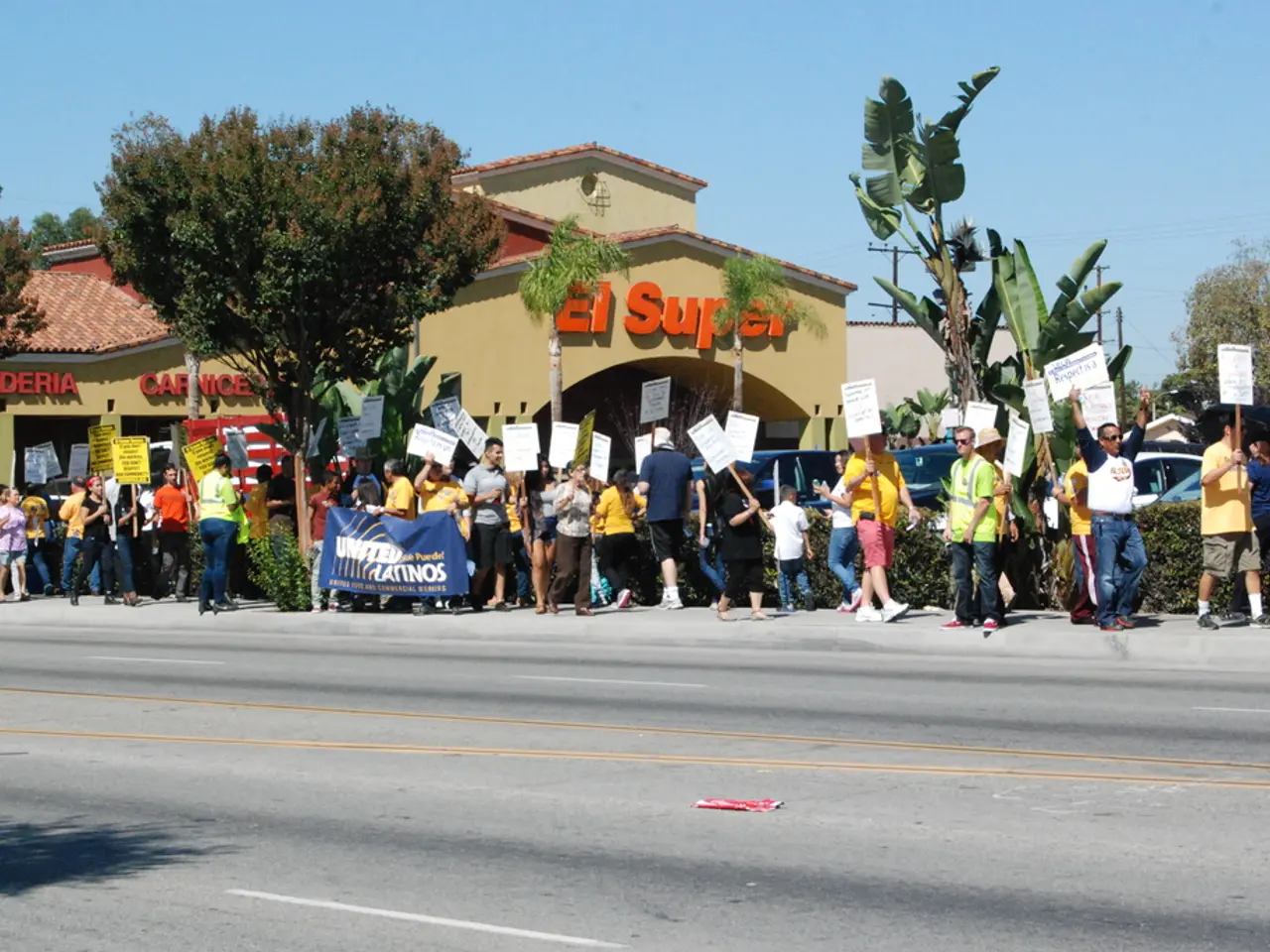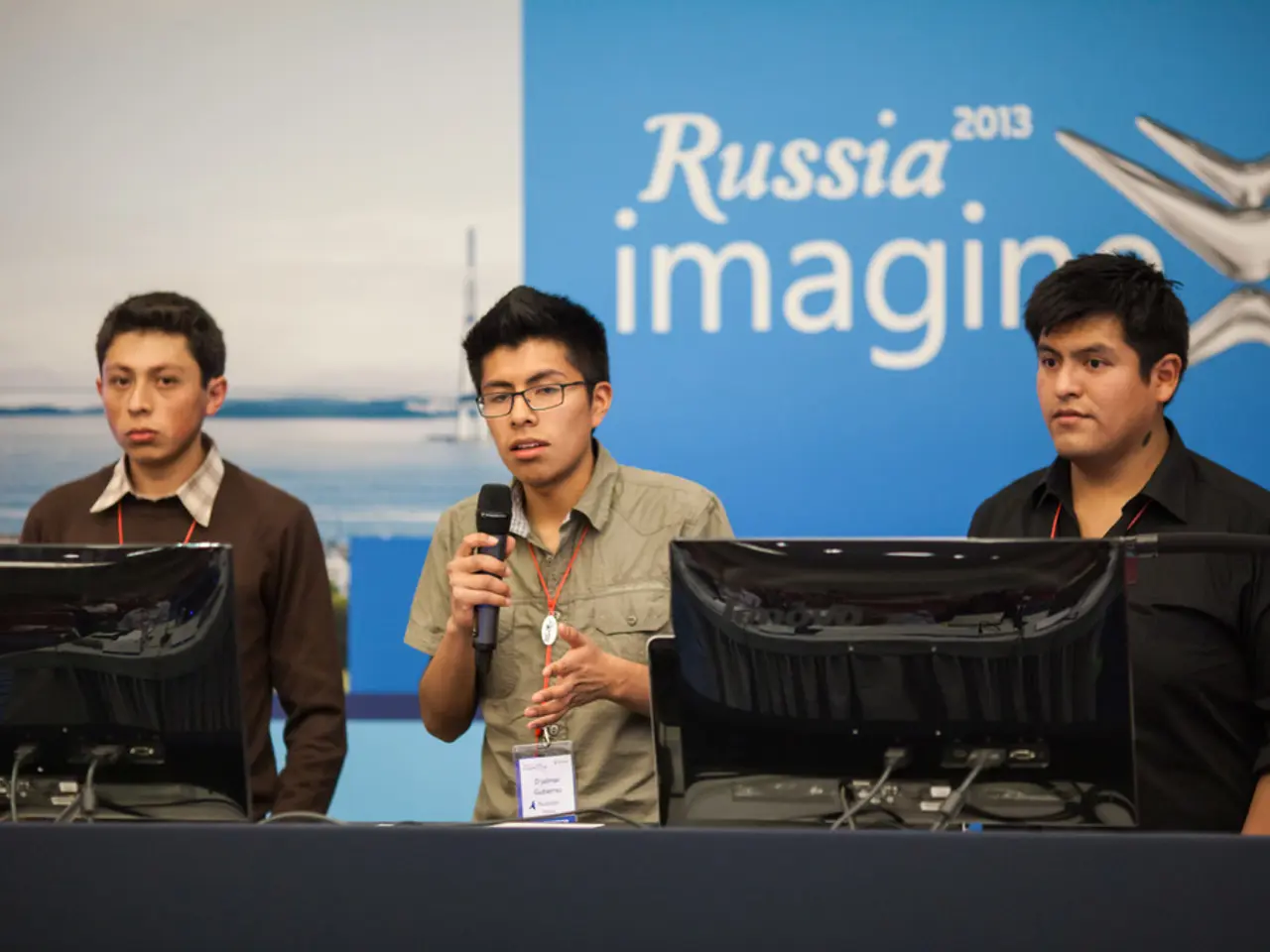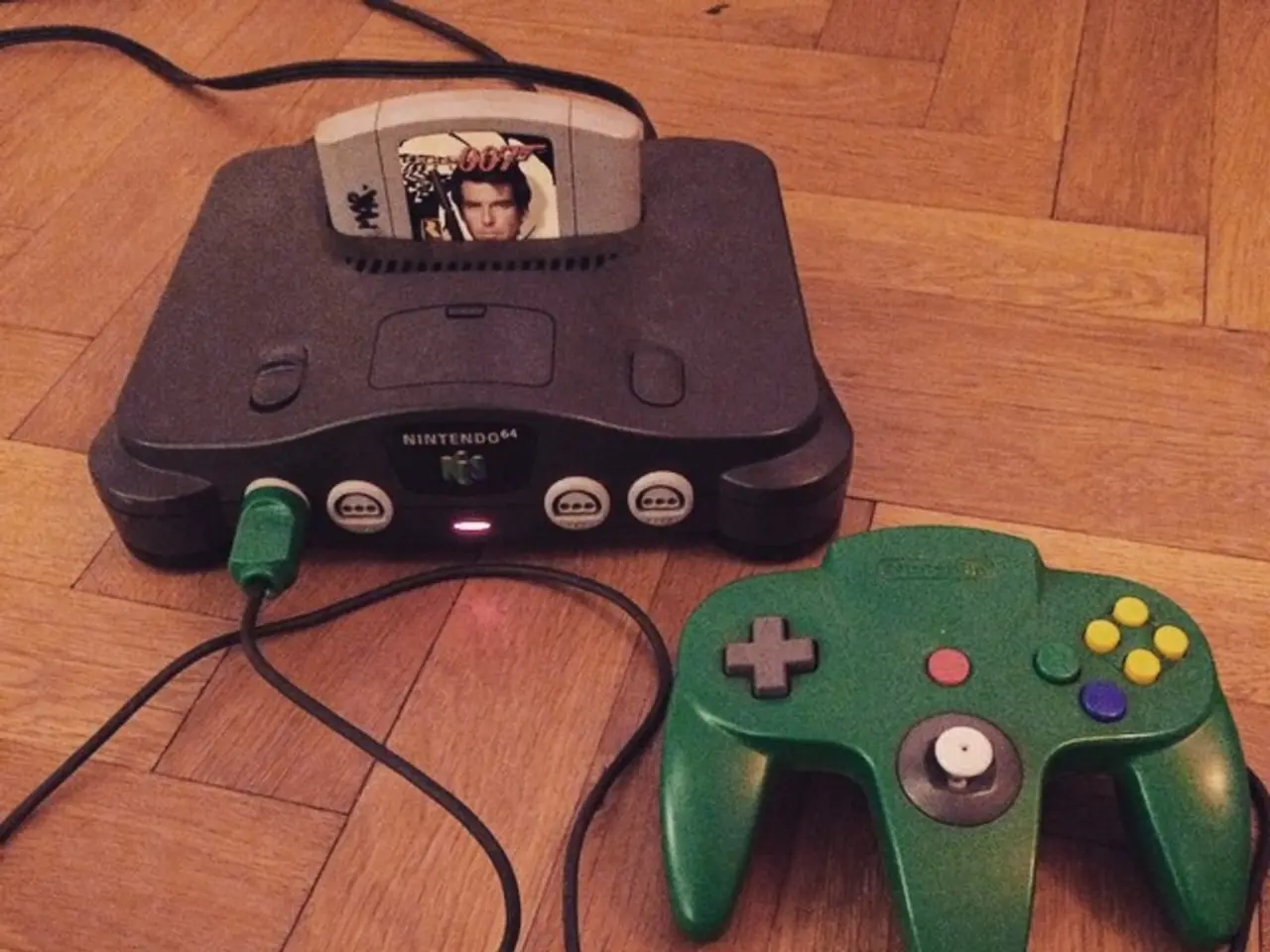Iran launches missile strikes on facilities in northern Iraq and Syria, claiming to have demolished an Israeli intelligence headquarters
In a series of escalating events, the Iranian Revolutionary Guards (IRGC) launched ballistic missile strikes on targets in Iraq and Syria, marking a significant escalation in the ongoing tensions between Iran and Israel.
The IRGC's actions were in response to alleged Israeli attacks that resulted in the deaths of several Iranian Revolutionary Guard commanders and members of the Iranian resistance front. The IRGC linked these missile attacks to recent dual bombings in Kerman, during a memorial for Quds Force Commander Qasem Soleimani.
The IRGC claimed to have hit several locations in Erbil, including sites associated with Iranian opposition groups. The IRGC asserted that the Erbil facility served as a hub for planning terrorist acts and espionage operations. However, the Israeli Prime Minister's office has yet to respond to the IRGC's claim.
The attack was denounced as a violation of Kurdistan's sovereignty by the Security Council of the Kurdistan region. At least four civilians were killed and six others injured in the attack, according to the Security Council.
The ongoing conflicts include Israel's war in Gaza, incidents involving Iran's allies, US actions against Iran-backed Houthi rebels in Yemen, and increased tensions between Israel and Hezbollah. The complex web of conflicts raises fears of a wider war with significant humanitarian, political, and economic consequences.
The Kurdistan region Prime Minister condemned the attack and called on the international community to respond. The United States criticized the attacks, labeling them as "reckless" and imprecise. The US described the missile attacks as "reckless and imprecise," and stated that no US personnel or facilities were targeted.
The escalating tensions have heightened hostilities across the Middle East. The situation is a reminder of the complex web of conflicts that characterise the region, with proxy wars and multi-front conflicts, disruptions inside Iran, and tense international involvement. The ongoing instability underscores the need for diplomatic efforts to de-escalate tensions and promote regional stability.
- The Iranian Revolutionary Guards' (IRGC) recent missile attacks on targets in Erbil, Iraq, have sparked a new chapter in the political realm, with international news outlets covering this war-and-conflict-related event.
- The ongoing complex web of political, economic, and military conflicts in the Middle East, including the Israel-Iran standoff, continues to highlight the importance of diplomatic dialogue and general-news coverage in managing and mitigating the humanitarian, political, and economic consequences of these heated tensions.








